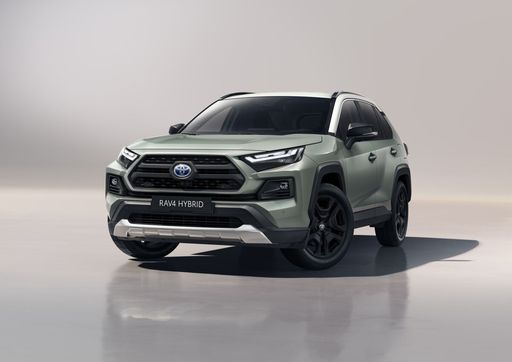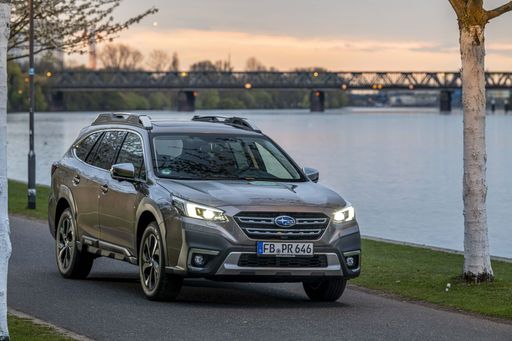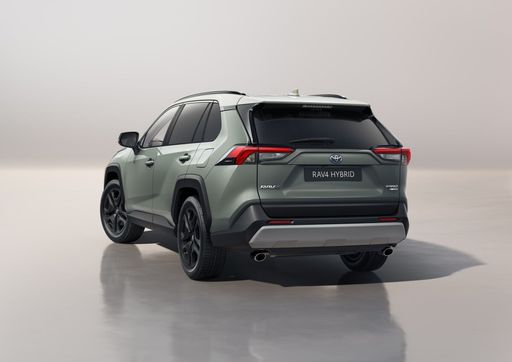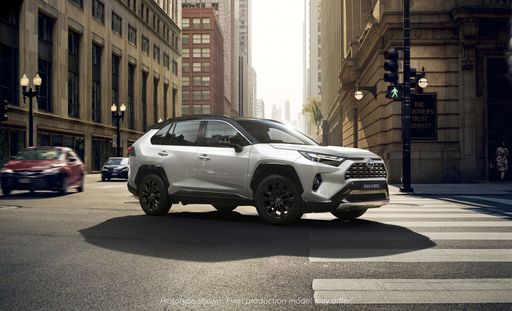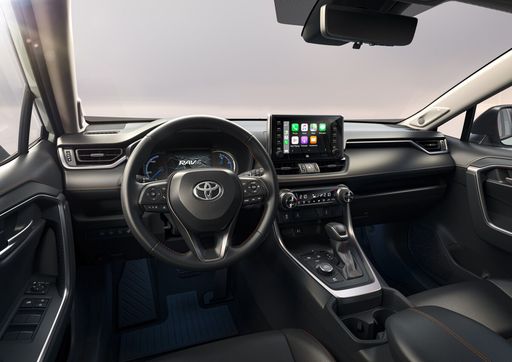A Detailed Comparison: Subaru Outback vs. Toyota RAV4
The automotive market is teeming with versatile vehicles tailored for different lifestyles; among them, the Subaru Outback and Toyota RAV4 stand out as popular choices for those seeking practicality, reliability, and adventure. Both models offer unique features and innovations, making this a comparison worth exploring for prospective buyers.

